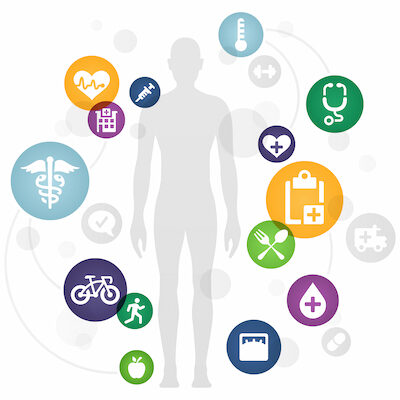Documentation
Technologies in Clinical Trial Management
Clinical trial management is a complex process that involves numerous stakeholders, extensive data collection, and regulatory compliance. The use of technology can help streamline the clinical trial management process, improve data accuracy, and increase efficiency. Here are some of the technologies commonly used in clinical trial management:
- Electronic Data Capture (EDC) Systems: EDC systems are computerized systems used to collect and manage clinical trial data. EDC systems are designed to reduce the risk of errors and inconsistencies in data collection, as well as provide real-time monitoring of data quality. EDC systems can also help to reduce the time required for data entry and cleaning.
- Clinical Trial Management Systems (CTMS): CTMS is a software system used to manage the operational aspects of clinical trials, including tracking patient enrollment, monitoring data collection, and reporting adverse events. CTMS can help to reduce manual tracking and improve the accuracy of data.
- Interactive Voice Response Systems (IVRS) and Interactive Web Response Systems (IWRS): IVRS and IWRS are computerized systems that allow investigators to randomize patients and assign treatments, as well as to collect and manage data related to clinical trials.
- Wearable Devices and Digital Health Tools: Wearable devices and other digital health tools can be used to collect and monitor data on patients during clinical trials. This data can include vital signs, activity levels, medication adherence, and other health metrics. Wearable devices and digital health tools can help to improve patient engagement, reduce the burden on trial participants, and provide more accurate and comprehensive data.
- Artificial Intelligence (AI) and Machine Learning: AI and machine learning can be used to analyze large volumes of data, identify patterns, and make predictions. In clinical trials, AI and machine learning can be used to identify potential safety concerns or to help identify patients who may benefit most from a particular treatment.
Overall, the use of technology in clinical trial management can help to streamline processes, improve data accuracy, and increase efficiency. However, it is important to ensure that these technologies are used in a manner that complies with regulatory requirements and that they do not compromise patient safety or data privacy.
You may be interested in the programs below:



